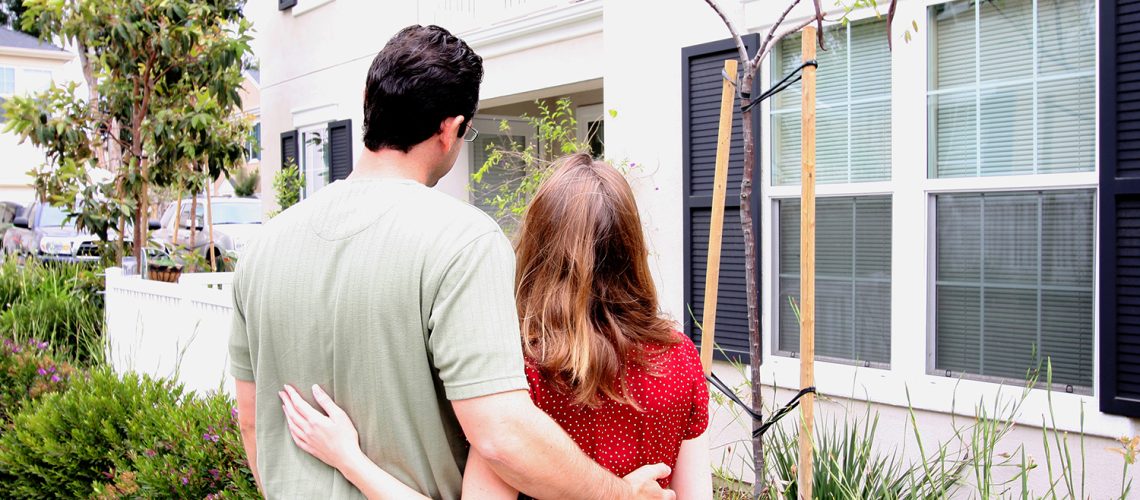In addition to being financially prepared for the home buying process, you should also be mentally prepared. It helps to understand the real estate process. In this article, we will walk you through the standard steps of buying a home, from the initial purchase offer to the final closing stage when you finally get the keys to your new house.
1. Making the Offer
First, you will work with your real estate agent to prepare and present a purchase offer to the seller. You will include your offer price, any contingencies and other contractual details. The seller may accept your offer or come back with a counteroffer. Once all the final terms have been agreed upon by both parties and the seller has officially accepted your offer, you will enter the closing process.
2. Initial Deposit Transfer
You will generally have 3-5 business days to transfer the earnest money deposit, which is typically around 3% of the home purchase price. The actual deposit amount may vary from transaction to transaction based on the contractual agreement.
3. Home Inspections
If inspections were elected, you will hire a home inspector (and other possible specialized inspectors—well, septic, roof, stucco, etc.) to perform a thorough inspection of the property. They will look for material defects and safety-related items. They may also point out areas of current or future maintenance. If anything significant is found that wasn’t previously disclosed by the seller, you may have a chance to negotiate repairs or a credit for repairs. You may also decide to terminate the agreement. The seller may agree to make the necessary repairs, reduce the selling price or offer a credit to help cover the projected cost of the repairs. The seller may refuse to do anything and then you must make a decision about what you are willing or unwilling to accept. Some home purchases in areas where natural disasters (floods, earthquakes, etc.) are common may require secondary inspections by specialists.
4. Mortgage Approval
If you are financing your home purchase through a mortgage loan, this will be a major part of the closing process. Ideally, you should already be pre-approved for your home loan (or at least pre-qualified) to make sure you can afford the price. Being pre-approved will also make your purchase offer more attractive in today’s ultra-competitive seller’s market. Many sellers won’t even consider an offer if the buyer’s financing is at all questionable. Just remember that mortgage pre-approval doesn’t always equate to final approval. This happens during the closing. In the contract, there will be a mortgage approval deadline that must be met. If the lender doesn’t approve your loan by the deadline, the seller could have the option to terminate the agreement.
5. Home Appraisal
A big part of the mortgage approval process is the home appraisal. Your lender will hire a certified home appraiser to research and determine the current market value of the property you are purchasing. They are essentially making sure the house is worth the amount they are lending you. If there is a significant discrepancy in appraised value and the loan amount, you could experience some delays. Don’t panic if the appraisal comes in lower than the contract price. This happens more often than you might think. In this case, you will work with your lender and the seller to figure out the best solution.
6. Final Walkthrough
As a buyer, you will be able to perform a final walkthrough of the property before closing is completed. This is your last opportunity to personally inspect the home and make sure its condition hasn’t changed or deteriorated since your last preview.
7. Closing, Title Transfer and Transferring Funds
Once the mortgage loan has been approved and everything is ready to go, you will sign all the final contracts, loan paperwork and legal real estate documents. You will also need to provide the remainder of the down payment along with any other fees or funds you are required to pay upfront. Once all the documentation is completed by both the buyer and seller, the property will legally change hands. You get your keys and can start moving into your new home anytime after that!
How Long Does the Closing Process Take?
This is one of the most common real estate questions. The answer may vary depending on the complexity of the transaction, but generally it will take anywhere from 30-60 days from the time the offer is accepted and the sale is under contract to the final closing stage where you get your keys.
If you are thinking about buying a home, it’s smart to get started as soon as possible. Get your finances in order, figure out where you want to live, define your housing priorities and know the overall timeline. There will almost always be a few hurdles and surprises along the way. The more prepared you are for the home buying process, the smoother it will go.
For all your home buying and selling needs in Southeastern Pennsylvania or Northern Delaware, contact The Cyr Team today. Let us help you make the most of your real estate experience.

